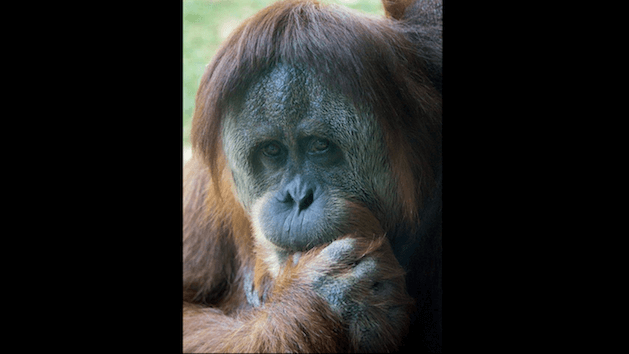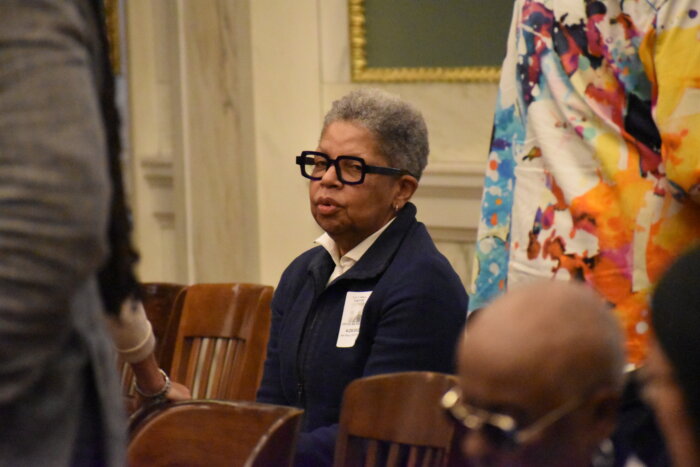A newborn Sumatran orangutan, born at the Philadelphia Zoo just two days ago, has passed away, officials announced Tuesday morning.
In a statement, zoo officials said that though the baby, born around 2:45 p.m. on Sunday, July 9, “appeared to behave normally through the afternoon and early evening of its birth, it died overnight.”
“In an initial postmortem examination, we identified severe congestion in the newborn’s lungs and a possible congenital heart defect,” said Dr. Keith Hinshaw, Philadelphia Zoo’s director of animal health, in a statement. “We will likely be able to confirm the exact cause of death after the full necropsy results are available, which will take approximately four to six weeks.”
The infant was born to a 25-year-old Sumatran orangutan named, Tua.
Zoo officials said the infant’s father was a 22-year-old Sumatran orangutan named, Sugi.
The two have another child, an 8-year-old named Batu, and all three live at the zoo’s PECO Primate Reserve.
According to zoo officials – although staff and a team of medical consultants were on hand – Tua delivered the baby without any need for outside intervention.
“Zoo staff and volunteers are saddened by this unexpected loss. With Tua’s parenting skills and the apparently successful delivery, we were optimistic about this birth,” said Dr. Andy Baker, the zoo’s chief operating officer. “The keepers who work with the orangutans every day are affected deeply themselves, but will also be watching Tua closely for how she reacts to this loss. Animals are individuals, and we don’t know how this will affect her.”
Zoo officials noted that Sumatran orangutans are considered critically endangered. Fewer that 15,000 are thought to survive in nature and, zoo officials said, approximately 85 Sumatran orangutans live in zoos accredited by the Association of Zoos and Aquariums.
“Although this is a sad loss, it is also a reminder that we are all responsible for the fate of orangutans in the wild on Sumatra and Borneo,” said Baker.






























